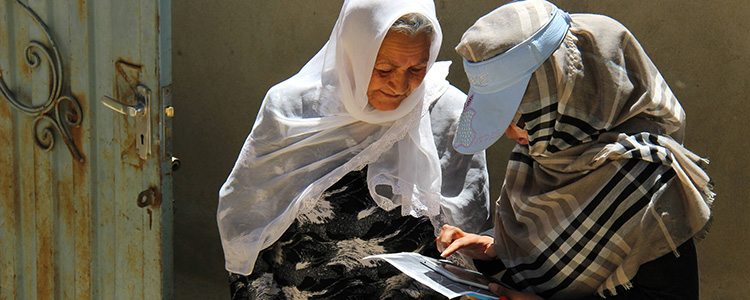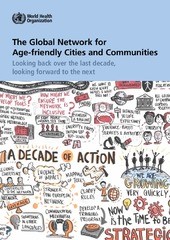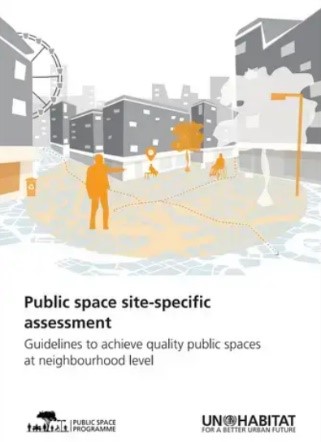Older Persons
Older Persons

About
The number of people over 65 years old is projected to double by 2050. This will happen in all regions alike, while the world continues to urbanize. The change in age composition of urban population will permanently change their needs and approaches – with long-term implications on sustainable urban development. Age, in fact, affects the way people live, move and socialise in urban areas.
Older persons experience challenges in accessing housing, mobility, public spaces and basic services, as well as opportunities generated in cities. These challenges often include difficulties in finding affordable housing, ability to afford necessary maintenance and adaptive changes, limited access, or barriers to, mobility, potential gaps in availability of appropriate supportive services such as home care and information. Further, the current discussion around older persons is lacking accurate data about their actual needs, challenges and potentials which hamper the development of needed solutions and evidence-based policies.
Sustainable and inclusive cities and communities, on the other hand, foster healthy and active ageing and enable older persons to age safely and contribute to their communities while retaining autonomy and dignity.
The New Urban Agenda promotes this vision by committing to “addressing the social, economic and spatial implications of ageing populations” and “promoting governance processes that enable effective participation and inclusion of older persons in decision-making on urban and territorial development”. Similarly, it commits to promoting equitable and affordable access to basic physical and social infrastructure with special attention to ensuring that these services consider the rights and needs of older persons, requiring integrated age- and gender-sensitive housing policies and approaches.
Particularly relevant is the gender dimension of population ageing as women have longer life expectancies and are more prone to live alone after the death of their partner. This raises concerns in terms of their income security, social inclusion, but also neglect and abuse.
The Global Network for Age-friendly Cities and Communities
The environments in our cities and communities are critical for supporting and maintaining health in older age. The WHO Global Network for Age-friendly Cities and Communities helps cities and communities to achieve this aim – by showing what can be done and how it can be done, connecting cities and communities worldwide to facilitate the exchange of information, knowledge, and experience; and supporting cities and communities to find appropriate innovative and evidence-based solutions.
This report reviews the development of the Network over the last decade, celebrates the achievements to date, and outlines strategic shifts for the next decade. These new directions will help ensure that, in line with the Sustainable Development Goals, the Network continues to foster Healthy Ageing and leaves no one behind.
Public Space Site-Specific Assessment
The Public Space Site-specific Assessment consists of a series of activities and tools to understand the quality of public spaces and influence, through a participatory process, the design of the site. The guideline supports the user on how to gather the right data and what information is needed within the selected area in order to come up with adequate design and planning solutions.
While many upgrading projects adopt civic engagement activities, the transition phase between community needs and the expert designs is often lost in translation. The tool ensures that the conversation between the community and the experts is bridged through a series of activities that provides a platform for exchange between the different parties. In this process, municipalities are guided about how and where to allocate resources for upgrading public spaces that contributes to SDG11.7 - By 2030, provide universal access to safe, inclusive and accessible, green and public spaces, in particular for women and children, older persons and persons with disabilities.






